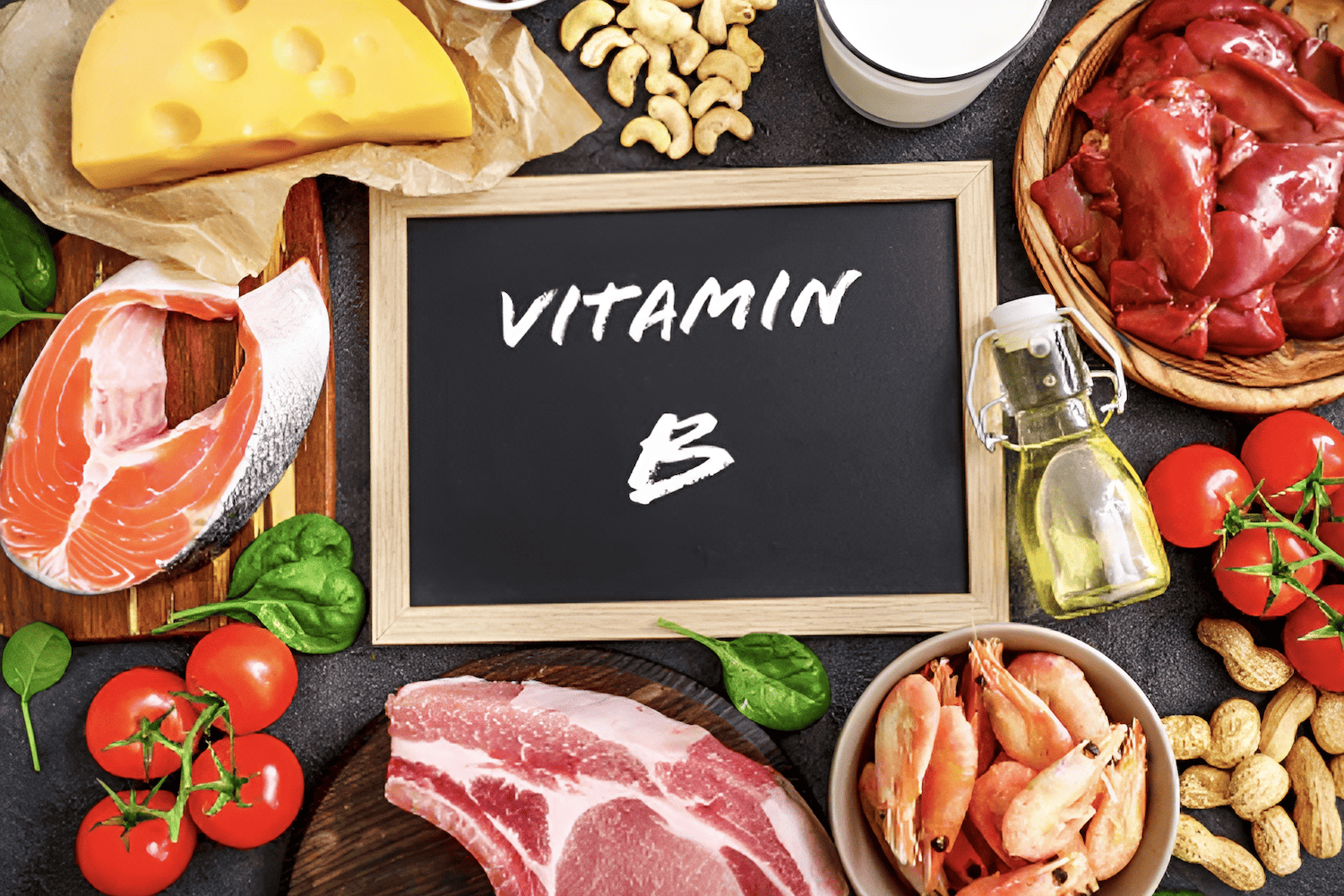Health
True health is achieved by balancing the mind, body, and spirit.
Vitamin B refers to a group of eight essential vitamins crucial for maintaining good health and well-being. These vitamins, collectively known as B-complex vitamins, play key roles in various physiological processes, including metabolism, energy production, brain function, and cell health. Each of the individual vitamins in this group, such as B1 (thiamine), B2 (riboflavin), B3 (niacin), B5 (pantothenic acid), B6 (pyridoxine), B7 (biotin), B9 (folate), and B12 (cobalamin), contributes uniquely to overall health. Thiamine, riboflavin, and niacin, for instance, are vital for converting nutrients from food into usable energy, thereby supporting bodily functions and maintaining energy levels throughout the day.
Since our bodies cannot store large amounts of most B vitamins, it's important to regularly consume them through a balanced diet or supplements. Foods rich in B vitamins include whole grains, leafy green vegetables, nuts, seeds, lean meats, eggs, dairy products, and legumes. Deficiencies in B vitamins can lead to various health issues, such as fatigue, anemia, neurological disorders, and compromised immune function. Therefore, ensuring adequate intake of these essential nutrients is vital for sustaining physical health, supporting cognitive performance, and maintaining emotional stability. For individuals with dietary restrictions or certain medical conditions, supplementation under medical supervision can help effectively address deficiencies and sustain overall wellness.

The Vitamin B-complex includes:
1. B1 (Thiamine) – Helps convert nutrients into energy and supports nerve function.
2. B2 (Riboflavin) – Essential for energy production, vision, and skin health.
3. B3 (Niacin) – Supports metabolism, nervous system function, and cholesterol management.
4. B5 (Pantothenic Acid) – Important for hormone and cholesterol production.
5. B6 (Pyridoxine) – Crucial for brain development, neurotransmitter synthesis, and immune function.
6. B7 (Biotin) – Supports metabolism of fats and carbohydrates and contributes to healthy hair, skin, and nails.
7. B9 (Folate) – Necessary for DNA synthesis, cell division, and preventing neural tube defects during pregnancy.
8. B12 (Cobalamin) – Vital for red blood cell formation, neurological function, and DNA production.
Vitamin B-complex has numerous health benefits, including:
Vitamin B-complex vitamins can be found naturally in a variety of foods, including:
People who follow vegetarian or vegan diets need to ensure adequate intake of vitamin B12, as it is predominantly found in animal-based foods. Fortified cereals, nutritional yeast, and supplements are excellent alternatives.
A deficiency in B vitamins can lead to various health issues. Common symptoms of Vitamin B deficiency include:
Certain groups are at higher risk of Vitamin B deficiency, such as older adults, individuals with digestive disorders, those following strict vegan or vegetarian diets, and people with excessive alcohol consumption.
Recommended daily intakes for some key B vitamins are approximately:
Vitamin B1 (Thiamine): 1.1–1.2 mg/day
Vitamin B2 (Riboflavin): 1.1–1.3 mg/day
Vitamin B3 (Niacin): 14–16 mg/day
Vitamin B5 (Pantothenic Acid): 5 mg/day
Vitamin B6 (Pyridoxine): 1.3–1.7 mg/day
Vitamin B7 (Biotin): 30 mcg/day
Vitamin B9 (Folate): 400 mcg/day (600 mcg/day during pregnancy)
Vitamin B12 (Cobalamin): 2.4 mcg/day
These guidelines may vary based on individual factors, such as age, gender, pregnancy, and overall health.
Vitamin B-complex plays a vital role in maintaining health, energy levels, cognitive function, and overall well-being. Including diverse, B-rich foods in your diet or considering supplementation, if needed, can help ensure optimal health and prevent deficiencies. Always consult with a healthcare provider before starting any supplement regimen, particularly if you have existing health conditions or concerns.